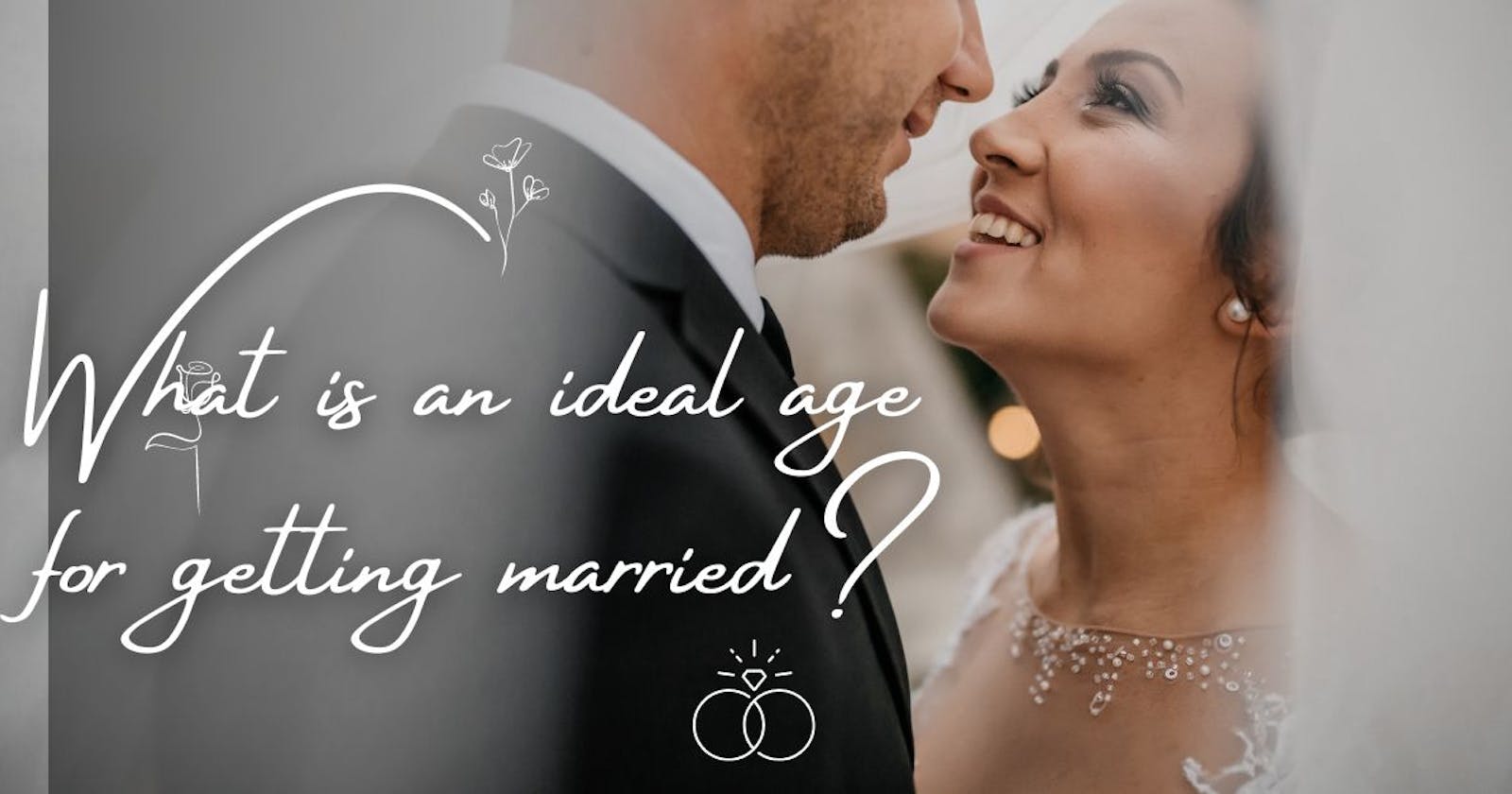Table of contents
No headings in the article.
Marriage is a beautiful relationship that occurs when two people decide to live together permanently after getting together. It is a social and cultural event. A number of factors can affect the choice of whom to marry and when. Personality, motivation brought on by money or other factors, and culture are a few of these traits.
Several different factors will determine whether you and the person you are dating should begin discussing marriage. You should take into account your cooperation skills, communication preferences, and overall value alignment before accepting an engagement. One more crucial thing to consider is Age. Even though a happy marriage can occur at any age, there are many ages that experts agree are better suited for a successful relationship.
Experts believe that there is a magic number that, after examining the various patterns leading to marriage and comprehending how marriages work, enables people to gain from marriage. For both men and women, the range seems to be 25–32 years old. People who marry young are thought to be more prone to depression than those who married later in life or at the age that is traditionally believed to be marriage age. This suggests that being married at a certain age is crucial.
Through years of study and in-depth data analysis, sociologists, and psychologists have concluded that early marriage increases the likelihood that the spouse will be disapproved of. This can be the case because, before the age of 25, their own identity has not yet fully formed. This indicates that until the age of 25, their personality is still developing and changing. Personality conflicts and a low threshold for dissatisfaction may be some causes of a failed marriage, even if people who marry after the age of 32 do so for reasons other than financial ones. There is agreement that marriages between people who are 25 to 32 years old are the least likely to result in divorce.
An additional danger of getting married too early is that you won't have much time to consider your options. You run the risk of not having had many opportunities to encounter different partners and situations when you are too young, and this is how you learn what you want and what you don't want.
The frontal lobe is the last part of the brain to mature, and it may take until age 25 or even 30 for this to happen. Before the age of 25, when the capacity to balance moral and ethical behavior has not yet completely matured, life decisions may be challenging. Therefore, marriages between young adults and teenagers are mostly doomed to fail. Statistics show that compared to those who marry at age 20, those who marry at age 25 have a higher than 50% lower likelihood of divorcing.
Couples in their 30s tend to be more financially stable, better educated, and mature than couples in their 20s. As money issues can be a significant divorce catalyst.
When families start questioning you about when you intend to have children, you have no defense after the ring is on the finger, merely because it is the next step. If you are the first of all your friends to be married, you raise the bar, which anyone can surpass. Marriage beyond 30 implies you've had time to learn from others' errors and can now arrange the biggest wedding ever.
Those who wed in their 20s run the risk of divorcing during the first 6–7 years of their union. So you'd have ample time to console them and figure out what went wrong. You are not just self-assured, but also knowledgeable on how to save your marriage.
